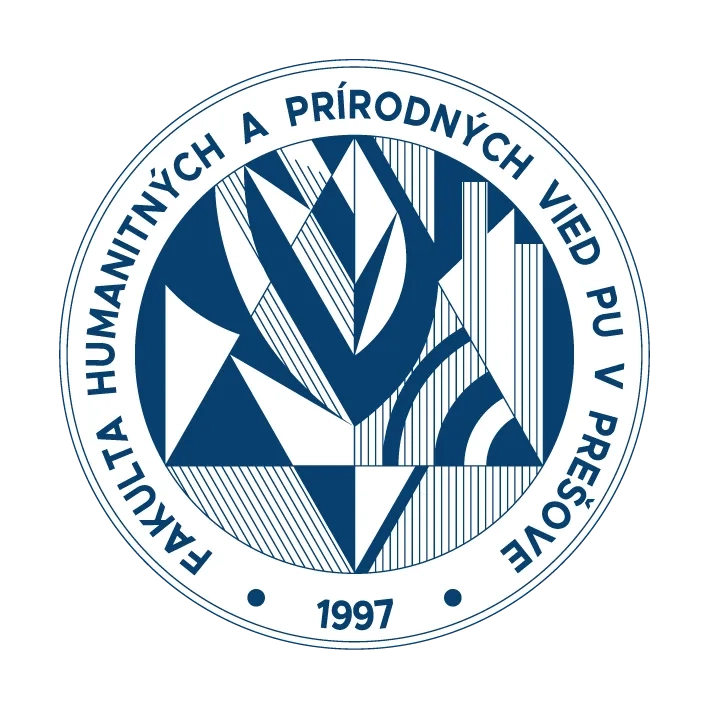Doctoral degree
III. degree of study: Anthropology
Title of study programme: Anthropology
Field of study: 4.2.8 Anthropology
Level of higher education: 3rd degree
Form of study: full-time, part-time
Length of study: 4 years full-time, 5 years part-time
Academic degree: Ph.D.
Ph.D (Doctor of Philosophy):
The graduate is proficient in scientific methods of research in anthropology with a focus on one of its subdisciplines and is able to apply them in his/her activities: to design and formulate scientific projects, to organize and lead a team oriented towards their solution, to formulate application and innovative projects in the field of anthropology and to solve them in accordance with the needs of practice. It focuses on the acquisition of the latest theoretical and practical knowledge in accordance with the current state of scientific knowledge in anthropology as a field that focuses on the study of genetic variability and processes of change of the human organism throughout ontogenetic and phylogenetic development, on macro- and micro-chemistry, as well as on the dynamism of the organism, on the relationships between the structure and function of organs, on human nutrition and on the control systems of the organism.
Definition of the graduate's field of application
Graduates of the doctoral study programme in Anthropology can apply the acquired qualification mainly in anthropologically oriented academic institutions and research institutes, as professional staff, research team leaders, university teachers, university assistants, etc. They are entitled to carry out independent scientific and research activities in the field of basic and applied research with a focus on anthropology, human biology and forensic sciences. Graduates of doctoral studies can be employed as specialists in skeletal remains at archaeological sites, in forensic and criminalistics workplaces, in medical institutions, in diagnostic laboratories, in museums as specialists in anthropological collections. As specialists in biology, they can also find employment in the state administration and in state institutions in the workplaces of the culture and sports departments, as well as in ergonomic institutions using knowledge of the relationship between man and the working environment (industrial design, occupational medicine, architecture and technology).
